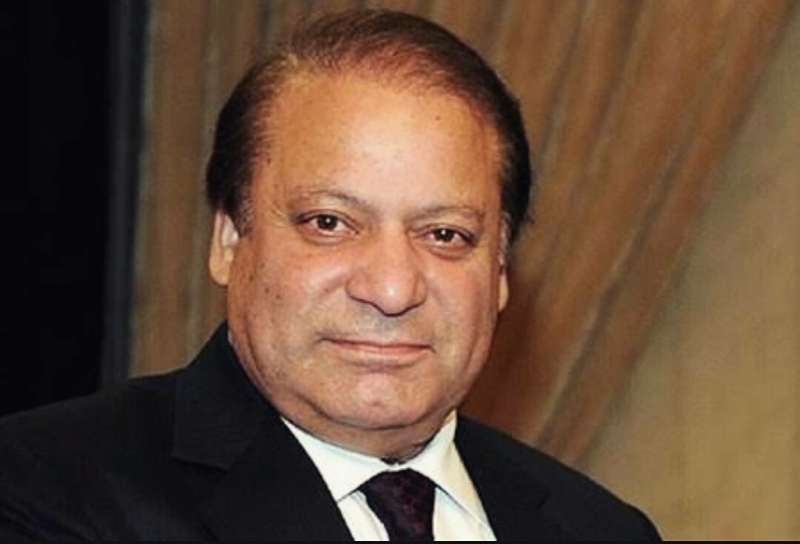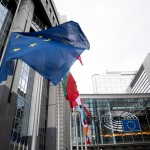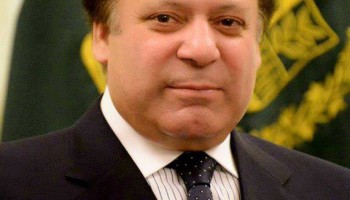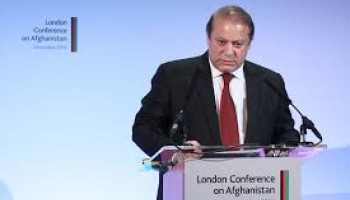The National Accountability Bureau, NAB, requested the measure to be taken against the ousted premier, his daughter and his son-in-law because their trial is about to end and they could consider fleeing.
But the Ministry replied by asking the NAB to first provide valid evidence against the Sharifs before the travel ban can be considered.
State Minister for Interior, Talal Chaudhry, said that according to the Constitution, nobody can be barred from leaving the country without a reason.
He also noted that Sharif had attended all of the court hearings and if fleeing would had been an issue, the court would had ordered the travel ban.
In July last year the Supreme Court ousted prime minister Nawaz Sharif after an investigation - prompted by the Panama Papers leaks - showed his daughter and two sons owned offshore companies registered in the British Virgin Islands and used them to buy flats in London.
Sharif also failed to declare a monthly salary, equivalent to around US$ 2,700, from a company owned by his son. He denies receiving the salary.
The Islamabad-based Accountability Court launched trials against Sharif and his children — Maryam, Hussain and Hassan – in September.
Earlier, a similar request to ban finance minister Ishaq Dar from leaving the country was not accepted, allowing him to go to London and never return.
Prior to his term as prime minster that started in 2013 and ended with him being ousted last year, Sharif served as prime minister in the 1990s but entered a feud with the country’s president. The standoff was ended by the military, which removed both of them from office in 1999.
Tensions between civilian governments and the military have been a constant source of instability in Pakistan, with the military staging coups and running the country for nearly half the time since independence from British colonial rule in 1947.






